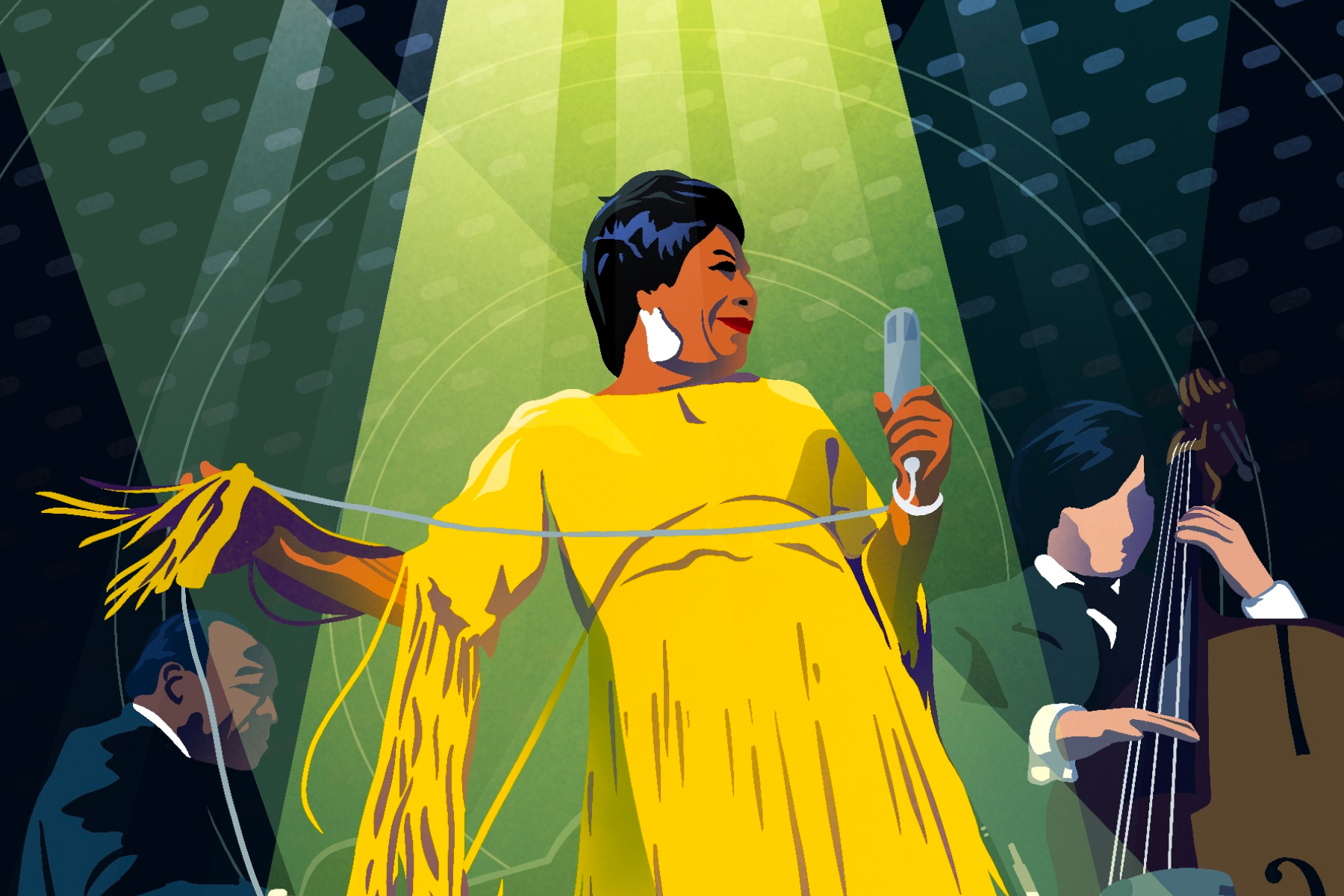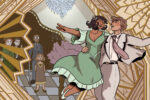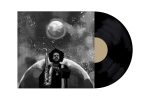Listening to music is a great way to zone out from your distractions while doing homework. But not all styles of music are great accompaniments to studying; it needs to be calming but not induce lethargy. Plenty of people, myself included, will listen to lo-fi study beats. Those work, but they can get a bit repetitive and boring. A great alternative is jazz.
What happened to jazz? The groovy genre once defined the 20th century, but it has been replaced by pop, hip-hop and rock as the most popular music genres. In fact, jazz is now the least popular music genre, especially among young adults. As a jazz musician, this kind of saddens me, but I also understand why there has been a decrease in its popularity. I myself will admit that I have not always been a fan of the genre, and it took me some time to get into it. Most jazz pieces are fully instrumental, which makes it more difficult for listeners to make explicit connections to the recordings. However, I believe that people are missing out on the beautiful ambiance that jazz can create. Tired of lo-fi study beats? Jazz is a great alternative for relaxing music to wind down or study to.
Jazz was conceived on the streets of New Orleans at the start of the 1900s. Music had always been huge in the city. New Orleans was home to a lot of slaves, and there was a small park in the city known as “Congo Square” where they were permitted to gather and play music. New Orleans had an extraordinarily diverse population of people from Africa and the Caribbean.
These diverse cultures led to the formation of different music genres, like ragtime. “The Entertainer” by Scott Joplin is the most recognizable example of ragtime. This fast-paced genre fused with other music styles to become “jazz.” This new genre would rise in popularity at the start of the 1920s. It was synonymous with the fashion and mood of the decade and was extremely popular in clubs for dancing. Its popularity continued throughout most of the century.
Prior to jazz, the most popular music genre was classical, which placed great emphasis on learning complex music theory, staying within the rules of music and an overall emphasis on perfection. However, jazz placed greater significance on improvisation, rhythm and rule-bending. Jazz artists wanted to sound unique and test the constructed rules of music theory. It has more influence on modern music than a lot of people realize.
These principles have trickled down through the progression of popular music, and there is an undeniable jazz influence on popular genres like rock, hip-hop, R&B and pop music. Despite the loss in popularity, jazz is still common on movie soundtracks, such as Disney Pixar’s “The Incredibles.” Nowadays, jazz has taken a backseat to other styles of music, and people don’t even recognize jazz when they hear it sometimes.
One reason why people often struggle to get into jazz is because they don’t listen to it the right way. I know that may sound strange, but bear with me. As I mentioned earlier, the beauty of the genre comes from the ambiance it creates.
Here’s an example of what I mean: Imagine you’re at Grand Central Station, ready to take the train home from New York City. It’s a rainy night, you’re tired, and to make matters worse, your train has just been delayed by two hours. You leave Grand Central and find a bar down the block to pass the time. You walk in and notice the dim lights and — if it is a good bar — cool jazz simmers in the background saturating the room. If you’re lucky, it will be live jazz, but even stereo jazz is a great complement to a relaxing drink. You sit there, tapping your foot, getting lost in the relaxing ambiance. Before you know it, your train is ready to board.
People need to consider ambiance when they listen to jazz. You should play jazz from a speaker rather than listen through your headphones. You want the music to brighten up the room rather than be confined to the sides of your head. This worked wonders for me in college. After a long day of classes, socializing and homework, I would play Miles Davis and John Coltrane from my speaker, with just a lamp on, as I stared out the window tapping my hand on the wall. It gave me a great chance to slow down and just think.
Soon after, I started listening to jazz when I did homework, and it made doing my assignments much more bearable. I had tried listening to other music while doing my assignments in the past, but I always found myself getting distracted by trying to follow the lyrics and intense rhythms. The nice thing about instrumental jazz is that you can divert your attention away from it and still enjoy it.
Now there are many sub-genres of jazz so it can be a little tricky to find the style that suits the study ambiance you want. If you want a relaxing tone in the room, “cool jazz” is the way to go. I would recommend anything by early Miles Davis or John Coltrane. A specific album recommendation would be Miles Davis’ legendary “Kind of Blue.” Davis finds the perfect balance between a calm and chaotic melody that keeps you relaxed, but far from falling asleep. It doesn’t stop there though.
There is a time and place for every jazz song. If you’re looking for an artist that is more upbeat, I would suggest anything by Duke Ellington. If you want to listen to jazz with a singer, Frank Sinatra and Ella Fitzgerald have two of the smoothest voices in music history. If you want something more modern, there are a lot of options, but Herbie Hancock often includes more interesting, nontraditional jazz sounds in his music. Whatever you choose, just make sure it is something you enjoy. We will never be able to listen to every record out there, but it never hurts to try something new.
















